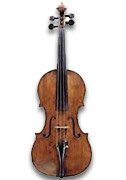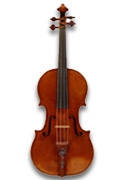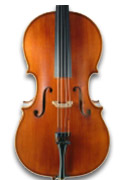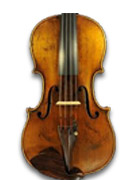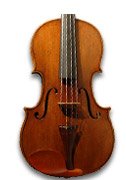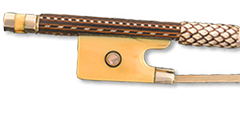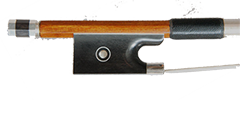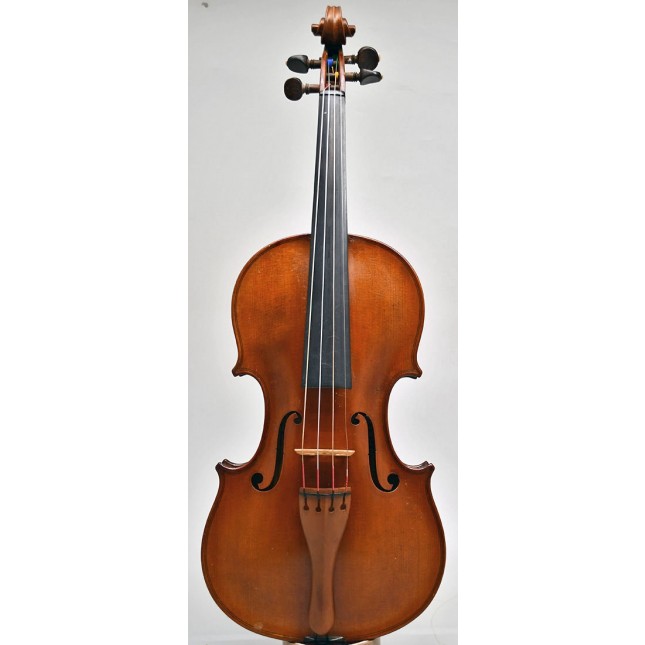Details
Laberte-Humbert - Santo Seraphin violin.
A very nice violin, made from beautiful wood : a stunning flamed back, ribs, neck, and a very elegant carved scroll.
The finely executed purfling is a good demonstration of the violin´s good quality and the typical fine work
Beautiful original varnish !
The violin comes with a reliable certificate ( J. Rampal from Paris- included) - so you can buy with confidence.
This violin comes with a new set of strings and a new chinrest and original tailpiece and is ready to play.
No cracks, some minor surface scratches you may expect from an old used violin.
A violin with a strong sound and projection, open but warm timbre.
Size back: ca. 354 mm (4/4).
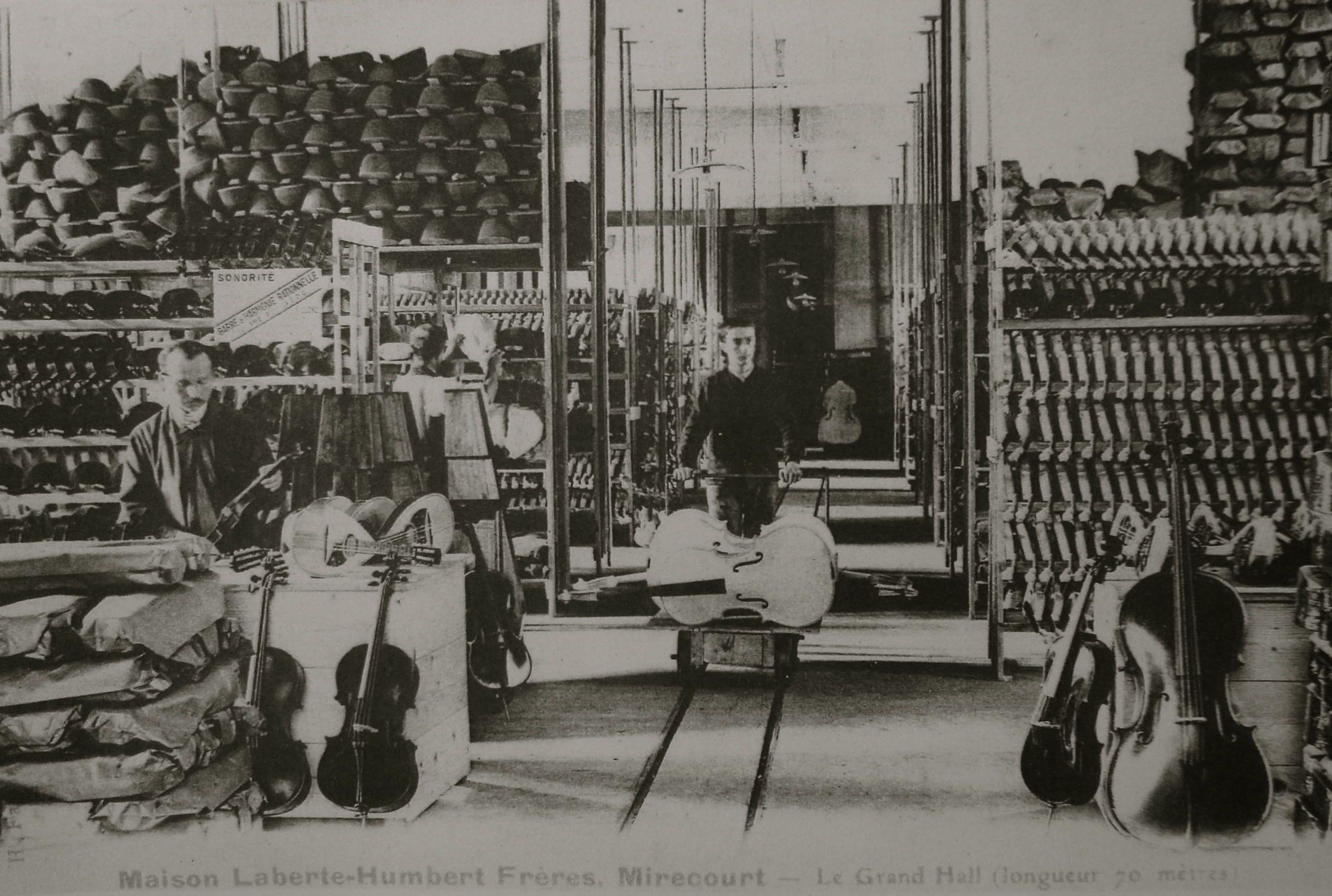
About Laberte-Humbert Frères :
Marc Laberte was born into a family of violin makers.
His great grandfather set up a workshop in Mirecourt around 1780.
On 21 May 1904, he married Marie Adeline Josephine Thérèse Drouin but she died on 15 December 1909.
Before her death, she gave birth to André Emile Philippe Laberte; Philippe, as he was known, would become a violin maker like his father.
After the death of his first wife, he married again, this time to Geneviève Josephine Paule Francine Thouvenin on 15 April 1912 in Besançon.
They had a daughter on 6 June 1916 named Claude.[3] In 1915 Marc Laberte joined Fourier Magnié (1868-1946) and established the new firm under the name "Laberte-Humbert Frères, Fourier Magnié Réunis".
A comprehensive catalogue, including the complete range of products and instruments in the lutherie field was published by the firm that same year.
In 1927, the firm continued its development by buying the well-known trademark "A La Ville de Cremonne” from Paul Mangenot.
One can find this mark stamped with its characteristic triangular shape on the inside back of many good Mirecourt violins of the 19th century.
Included in the deal was the use of names such as Honoré Derazey, Just Derazey, Paul Mangenot, and Didier Nicolas aîné, the last of whom was first to have used this trademark.
Soon thereafter in that same year, a new catalogue including the recently acquired brands was published, this time under the name Laberte & Magnié.
It is interesting to note that this same catalogue includes two pages dedicated to the collection of antique Italian instruments belonging to Marc Laberte and the “copies” available for purchase that were made after the originals.
On these instruments, the label of "Marc Laberte, Maître Luthier" appears beside a reproduction of the Italian maker's label. In 1931,
Laberte received the Grand Prix for the Stradivox Magné, a phonograph, which was produced in different versions.
These attempts at diversification were made to help the firm withstand the increasing competition and recession effects during that period. Unfortunately,
World War II brought despair on Mirecourt as well as the rest of Europe.
The Laberte production ended entirely, as the stock and production tools were raided and stolen.
By 1944 the firm resumed its activity, but the production never reached the same levels as prior to the war and eventually the difficult economic
climate during the post war years, led to the unavoidable decline of the Laberte production. Philippe Laberte,
Marc Laberte’s son, joined the firm during this period and tried to maintain a production catered toward the high end of the market.
Marc Laberte died in 1963.
From Wikipedia, the free encyclopedia







